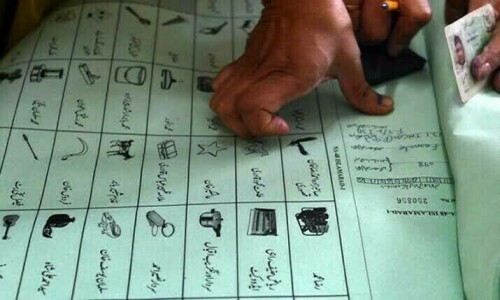SPORTS arouses the rawest of human emotions. Football is no exception — in fact, the passions on display at football matches are unique. But any loss of human life at a match is unacceptable, and the deaths of at least 125 fans, including 32 minors, in a stadium crush in Indonesia on Saturday, after police fired tear gas, is heart-wrenching. It bears reflecting that one of the deadliest events even wasn’t the result of riots between two sets of fans. Arema, a club from East Javan city of Malang, had barred visiting fans of Persebaya from the game, but after losing to their rivals for the first time in 23 years, some of the fans stormed the pitch in protest. It sparked a chain of unfortunate events which saw police fire tear gas, leading to those in the stands rushing to the exits, some of which had been closed, and losing their lives in the ensuing chaos. Indonesia may have ordered a thorough investigation but the damage has been done.
The global football body FIFA prohibits the use of tear gas for crowd control inside stadiums. Yet, a day after the incident, tear gas was used to control fans in France during a match between Toulouse and Montpellier. Tear gas was also used outside Stade de France in Paris ahead of the Champions League final between Real Madrid and Liverpool in May, where investigations showed that the fans weren’t to blame. It prompted questions about French policing for the Olympics in 2024. Similar questions are also being raised about Indonesia’s credentials as a host for top sporting events. Indonesia is set to host the FIFA Under-20 World Cup next year and is also in the running to replace China as hosts for the Asia Cup. For FIFA, a test of crowd control will come later this year at the World Cup in Qatar when 1.2m fans will descend upon the Gulf state for the month-long football festival. The Indonesian tragedy shows that aggressive policing only leads to disaster.
Published in Dawn, October 5th, 2022











































